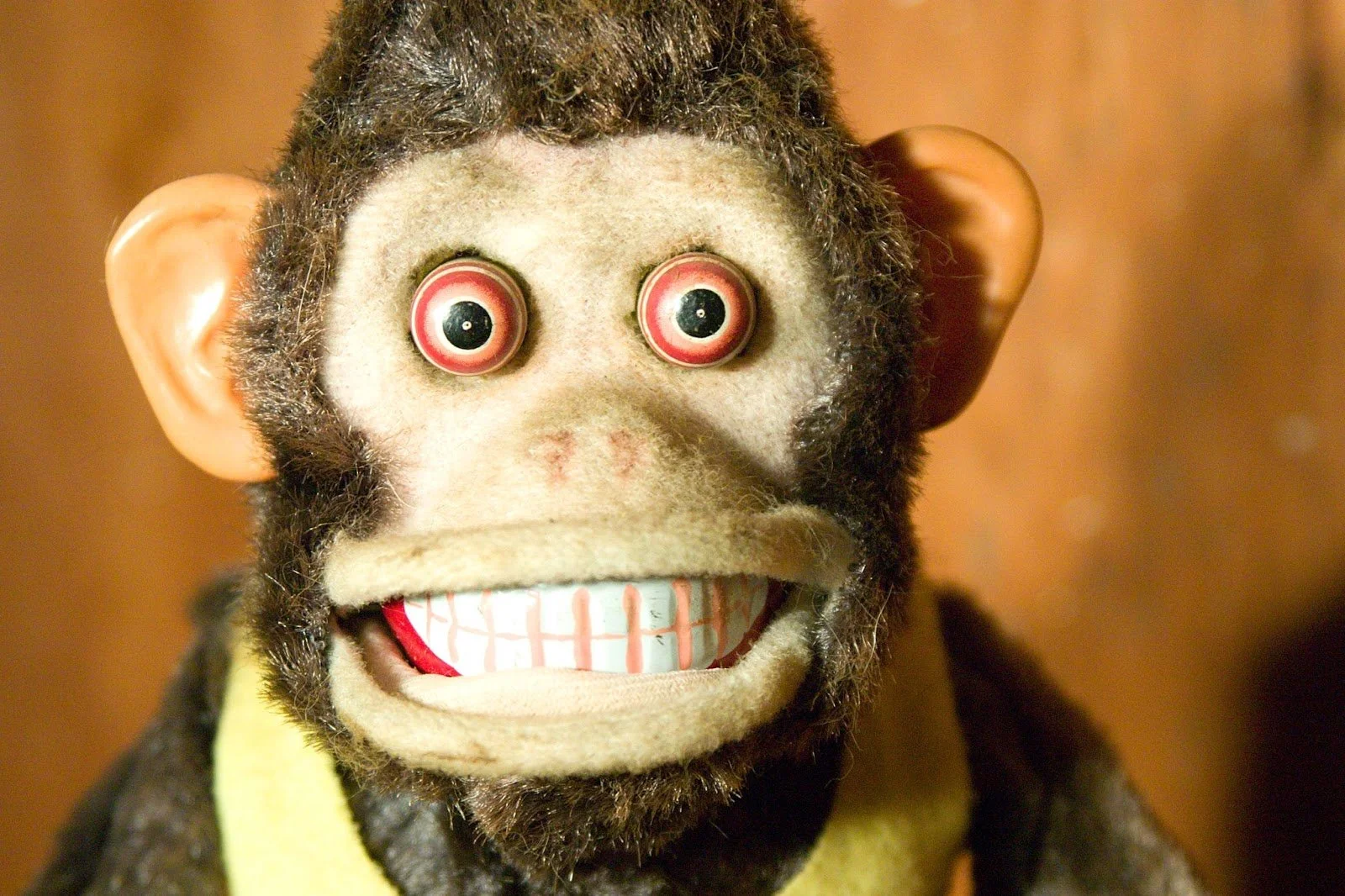Separating myth from monkeypox
“Monkeypox comes from what?” (Photo: Jason Scragz via Flickr)
Any story is bound to have more than one side to it—but how can you tell when it’s hit it big? With illnesses like COVID-19 and monkeypox, one symptom they share, besides the flu-like ones, proves their universal relevance: fake news.
Here are four misconceptions surrounding monkeypox, how they unavoidably tie into the current pandemic, and our go at debunking each one:
1. Monkeypox comes from monkeys.
We’re setting the record straight, first and foremost: As COVID-19 is to bats, so is monkeypox to monkeys. Bat soup is not solely to blame for COVID, and monkeypox does not just come from monkeys.
It was first detected among lab monkeys in the 50s, may be carried by African rodents, dogs and non-human primates like monkeys, and then spread to humans. At present, the virus’ natural source is still unknown.
2. Monkeypox was manufactured in a lab, which could explain the emergence of a vaccine ahead of time.
A conspiracy theory spreading on Chinese social media claims that the US created monkeypox in a lab and is now wielding it for biowarfare. We’re not surprised. People said the same things about COVID-19 too.
A strong driver for these theories? Treatments and stocks.
Twitter’s skeptics didn’t miss how convenient it was that Bavarian Nordic came out with the first monkeypox vaccine and had it authorized in 2019, way ahead of the current outbreak. Fast forward to May 2022, its stock has now soared, along with that of Siga Technologies, manufacturer of the only authorized antiviral.
While its spread in the US, Europe, and Australia are new and concerning, the virus itself isn’t novel. Monkeypox is endemic in Western and Central Africa, where most cases have been found since its discovery. According to Jennifer McQuiston, deputy director at the Centers for Disease Control and Prevention, several cases have appeared over the last five years in Nigeria. This led to at least nine people around the world taking the virus home with them after returning from the region.
In 2021, two people from the US returning from Nigeria also caught it. The current outbreak’s first reported case was a man in the UK who had also been there.
3. There’s monkeypox in the COVID-19 vaccines.
This viral tweet claims the chimpanzee adenovirus in AstraZeneca vaccines causes monkeypox. It has since been debunked by Reuters, considering how the two are completely different viruses.
Another tweet rebrands monkeypox as shingles and lesions, otherwise rare mRNA vaccine side effects. Again, these are two different diseases which have been wrongfully linked in a hoax now debunked by PolitiFact.
As for monkeypox shots, the World Health Organization says there’s no need for mass drives for those yet. The US is reserving vaccines for only high risk people as well. Not a problem for these people though—for now.
4. Monkeypox is the next HIV.
As of Saturday, monkeypox has been mainly but not exclusively detected among men who have sex with men (MSM). This has led to a slant in popular media that brands monkeypox as “the next HIV.”
As with HIV, it’s important to get across that monkeypox is not a gay disease. Moreover, its spread is not limited to sexual transmission. Rather, it’s spread through close physical contact, which includes sexual activities.
Another factor is that MSMs who were diagnosed were those more likely to seek care in primary care and sexual health clinics. This could explain why cases among the LGBT community were identified faster.
With all this fake news about monkeypox floating around, we can’t fully blame others for buying into them—dangerous as their misconceptions are—either. After over two years of questionable public health response and murky geopolitics, it would take more than a WHO memo or CDC guideline to win back the public’s trust.
Disinformation is a different pandemic altogether—one that needs a well-balanced prescription of media literacy and stakeholder integrity to cure.


